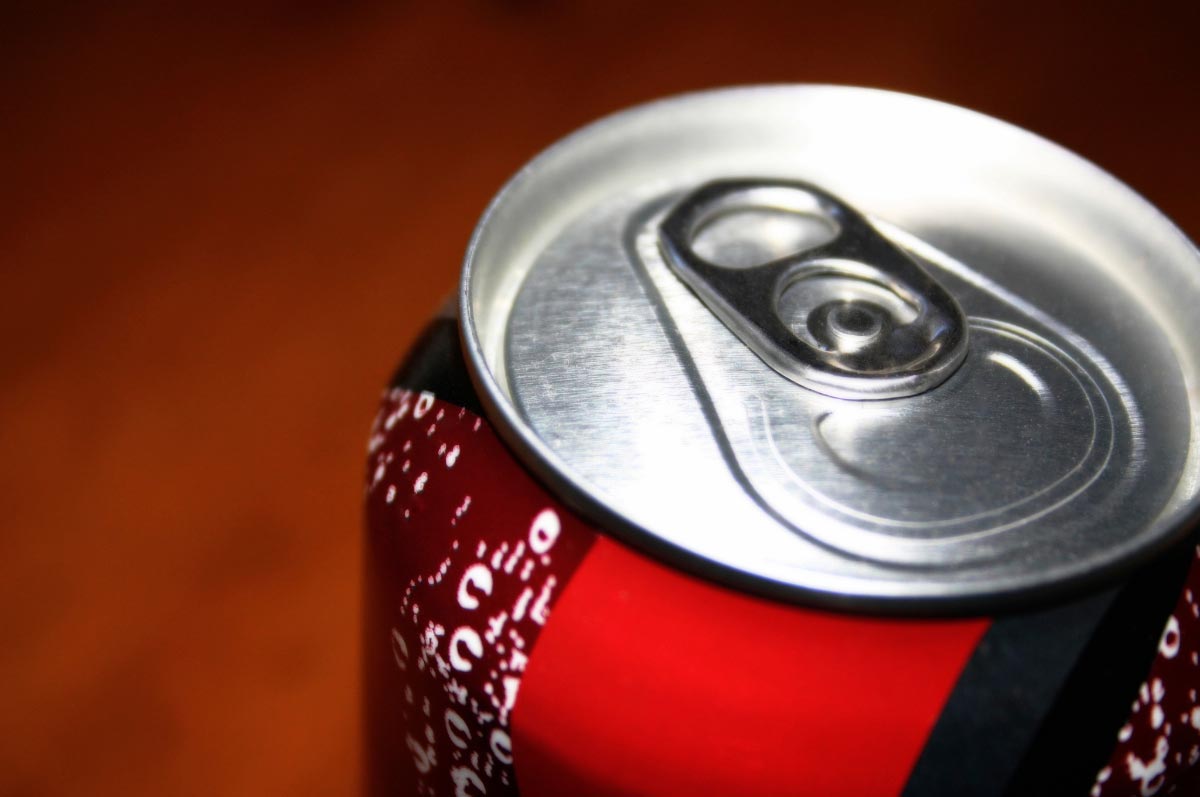Showy Biomedical CEO injects himself with untested herpes treatment in front of live audience and calls it “science transparency”
04/27/2019 / By Lance D Johnson

In order to get attention for his biomedical startup, CEO Aaron Traywick got on stage in front of a live Facebook audience and injected himself with an experimental gene-altering herpes treatment. Traywick called the live injection an attempt “to increase scientific transparency and move science forward,” but his shenanigans looked more like a cheap PR stunt.
The PR stunt, masquerading as science, was conducted at BdyHax, a biohacking and “transhumanism” conference in Austin, Texas. By going public as a guinea pig for his company’s experimental treatment, Traywick believes he is promoting scientific transparency. At the conference, Traywick compared himself to Jonas Salk, inventor of the polio vaccine, and Louis Pasteur, who developed the rabies vaccine.
Traywick believes he can get life-saving therapies out to the public quicker than pharmaceutical companies currently do, but the FDA warns against selling these untested gene-altering treatments because it is against the law. Proposed federal legislation would make it easier for some patients to access untested, experimental treatments in the future. However, cutting back on regulations should not compromise good scientific standards.
Dr. William Schaffner, an infectious disease specialist from Vanderbilt University Medical Center said that a single human subject can’t prove that a treatment will work or that it is 100 percent safe. “Medical science is littered, as they say, with individual experiments and small case series that initially looked very optimistic, but subsequently turned out to be not valid,” Schaffner stated.
Traywick’s startup, Ascendance Biomedical, is mainly a self-funded gene therapy enterprise comprised of twenty people. The gene therapy they utilize aims to alter an individual’s genome so the person’s cells can be instructed to treat themselves. Traywick is circumventing the FDA’s rules by experimenting on himself and by promising to offer experimental compounds for free to the public.
Last year the company unveiled an experimental HIV treatment and imposed the injection on an HIV-positive biohacker named Tristan Roberts. The test didn’t go as planned; one month after injection, Roberts reported a viral load greater than before. The increased viral load could have been derived from any kind of infection; therefore, the one-person experiment was inconclusive and hard to measure efficacy or safety.
FDA’s rules for bringing a new drug to market
Before an investigational new drug application can be issued by the Food and Drug Administration, one must show proof of pre-clinical work, including animal experimentation with the new drug. Once the new drug application is issued, the new drug is put through phase one clinical trials for tests on human subjects. If the results are promising, the drug undergoes phase two clinical tests, examining for effectiveness and safety. Finally, in phase three, the drug is put through a large scale, double-blind trial and is examined by an FDA committee. This is a costly, time-consuming process that only the pharmaceutical companies have access to, due to their deep pockets.
Publicity stunts don’t improve scientific transparency
Traywick is essentially trying to go around this expensive and long process, but publicity stunts do not equate to scientific transparency. Traywick’s ambition to self-experiment and get new drugs out quicker to the public does not make the drugs automatically effective or safe. Any drugs should still undergo strict scientific scrutiny before coming to market. Sure, the process of drug approval is rigged in favor of Big Pharma and the steep costs stifle innovations in medicine, but the rush for new drugs should never undermine appropriate, rigorous testing to determine efficacy and safety.
If anything, the FDA should prioritize simple food science and nutrient combinations. The FDA should begin testing the healing effects of nutrition, antioxidants and the abundance of phytochemicals found in herbs and other superfoods. By publishing scientific studies on the health impacts of food and its ability to treat disease, the FDA would make many drugs obsolete, reducing risks, empowering dietary choice, improving medicine, and reducing costs, while pushing the drug cartels out of medicine.
Sources include:
Tagged Under: biotech, experimental treatments, FDA, food science, genome editing, HIV, PR stunt, publicity, science clowns, scientific, Scientific Method, stupid



















